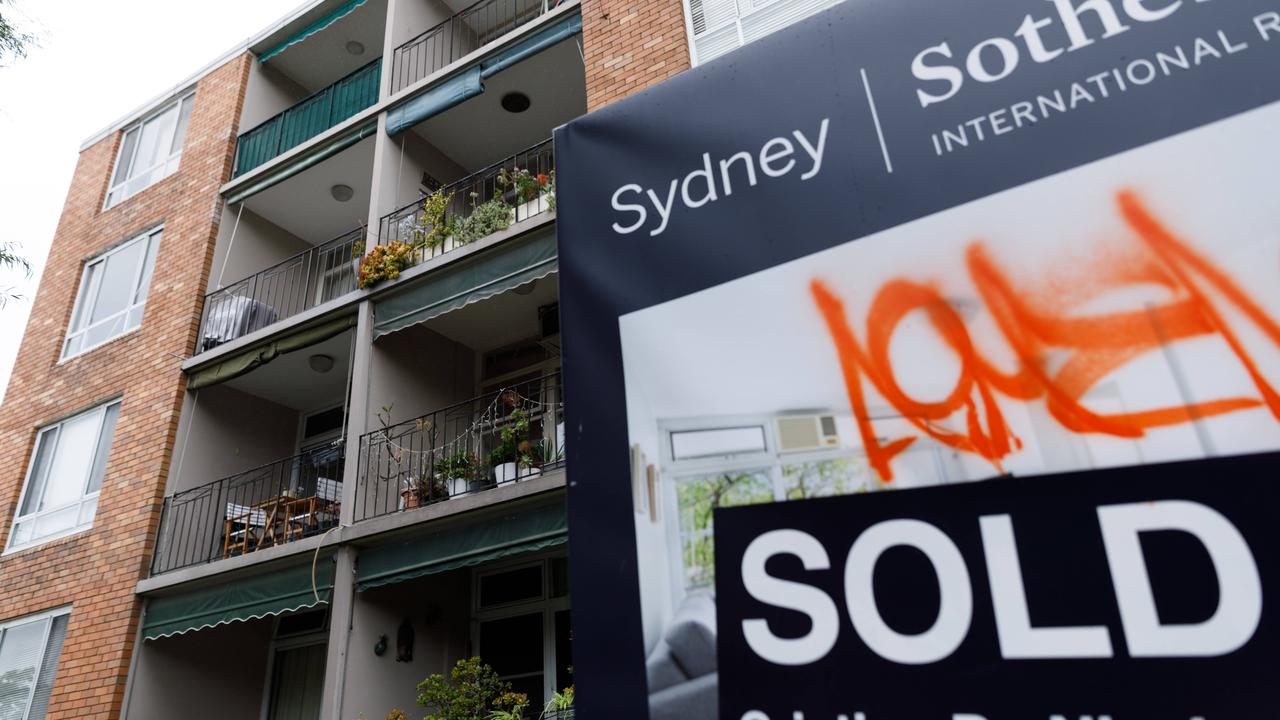How the ‘lazy tax’ could be costing you hundreds
Set and forget attitudes to our bills may save time not having to worry about payments each month but it is likely to be costing you in other ways.

Money
Don't miss out on the headlines from Money. Followed categories will be added to My News.
Taking a “set and forget” attitude to household bills could be saving you time organising payments each month but it may be costing you more than you think.
With regular bills like electricity, gas, internet, phone and insurance, it’s common advice that the best way to budget is by setting up direct debits for everything and then putting it out of mind. But experts are saying this approach could actually end up costing you more.
It’s estimated that this “loyalty tax” or “lazy tax” as it’s sometimes called is costing Australians $3.6 billion a year.
“Consumer awareness of the loyalty tax appears to be low. It’s quite possible they may not be aware they are paying more each year,” Allan Fels, former chairman of the Australian Competition and Consumer Commission told Smart Company.
“Companies can get away with making large price increases over successive renewals with little fear a customer will switch.”
RELATED: Easy way to save $1,050 a year in one call

With a price increase hitting health insurance on April 1 that will set families back a minimum of $127 a year and individuals $59, reviewing existing policies could be a good place to start says Emily Amos, Bupa’s Managing Director of Health Insurance.
Ms Amos recommends checking your policy to make sure you aren’t paying for cover you don’t need. Like retirees still paying for pregnancy, young people covered for cataracts or families without orthodontics cover when teenagers need braces.
“You should pay attention to how much you will be paying each month, fortnight or year depending on your nominated payment terms and check your payment approach (such as direct debit) is still relevant to your financial situation,” she adds.
“It’s important for people to be aware that the 2.74 per cent health insurance premium increase rate is just an industry average only across the 38 registered health insurers in Australia and the hundreds of different policy options they offer.
“The individual increase is likely to be higher or lower than this rate depending on who your fund is, which state you live in and the type of policy you hold.”
According to figures from comparison site iSelect, in New South Wales for example, there can be as much as $1800 per year difference between some gold family policies, and up to $840 difference between some gold singles policies.
And in a recent survey it conducted of health insurance policy holders, 36 per cent said they were paying less as a result of making a change to their policy or provider and 47 per said they were saving $300 or more a year off their premiums.
RELATED: Key to finding cheap hospital insurance
Originally published as How the ‘lazy tax’ could be costing you hundreds


